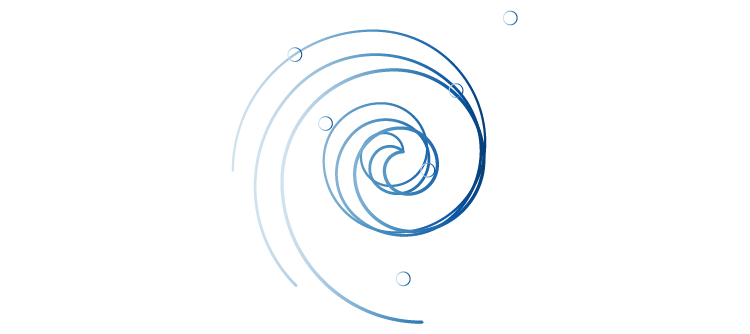“Wisdom hears one thing and understands three things.” -Chinese Proverb
I cannot enumerate the number of times a 16–25-year-old has come up to me and asked “What do I do?” over and over again ad nauseum, needing to have explicit directions in tiny steps worse than an ADHD toddler being instructed to pick up their room Lego by Lego.
I get that a student or young professional doesn’t want to make a mistake because our educational system is built on rote memory, regurgitation of facts, obeyance, and deviation from the norm is punished. But science as we know it came about from testing hypotheses and discovering the results, what is colloquially known as “F around and find out.” This is how we have moved forward in everything: try, screw up, don’t die, try again better, mess up less, learn. Repeat cycle until as right as possible.
Let the teenager mess up. They need to understand the correlation between particular choices/actions and the consequences thereof. This is why my mom took me to practice skidding the car in a parking lot after snowstorms, to learn what to do without impacting others (literally).
This is why students need to learn that mistakes are feedback loops, and you make little mistakes to learn small lessons that you can then extrapolate to other bigger things. This is the basis of common sense and the reason why it is so uncommon now: putting your hand on something and getting a small burn as a kid was a painful lesson that stuck with you and prevented you from doing something really dumb or deadly later and bubble wrapping kids and thinking for them prevents this learning modality from being activated.
Experience is the foundation for wisdom.
So when possible, I don’t tell the kids what to do. I ask them “what do you think you should do and why?” This gets them to start analyzing the situations, understanding tradeoffs, and being comfortable with making decisions. They aren’t always the right decisions and early on the thought processes can be head scratching, but it is a process of development that they need to go through to become functional adults and leaders.
As they get older, the questions shift to more like: what is the goal, what needs to be accomplished, and what’s the plan? Who needs to be where and when? What could go wrong and how will you deal with it?
Just being able to ask these questions requires them to think, to analyze and learn lessons (as opposed to facts), to start applying principles and seeing new applications for old ideas.
This is where wisdom dwells.
